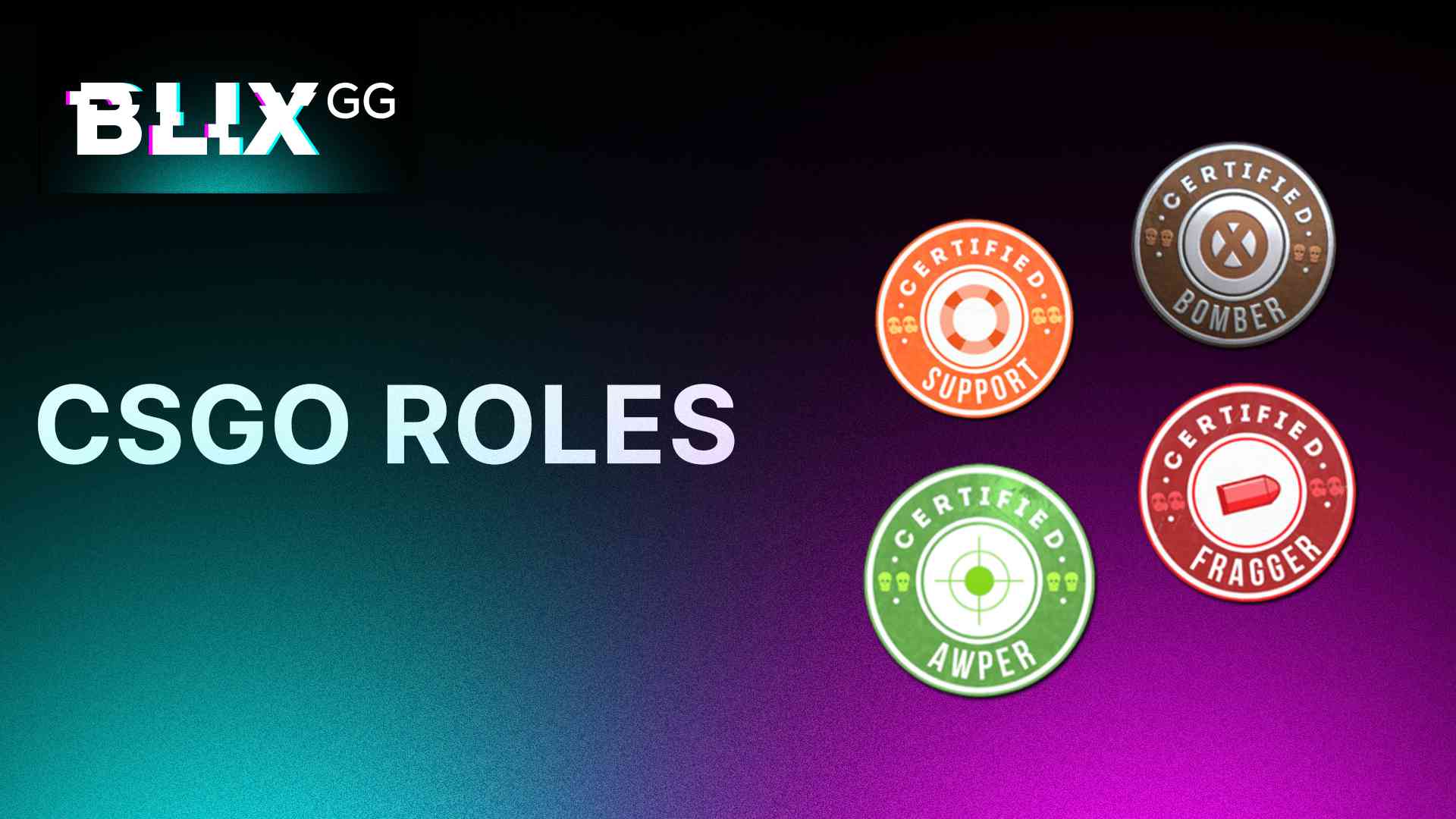Blggzz: Your Daily Dose of Insight
Stay updated with the latest news and informative articles.
Commanding Chaos: The Thrills of Being an IGL in CS2
Unleash your inner leader! Discover the exhilarating world of being an IGL in CS2 and master the chaos of competitive gaming.
Mastering the Art of Strategy: How to Excel as an IGL in CS2
Becoming an effective In-Game Leader (IGL) in CS2 requires a combination of strategic thinking, communication skills, and game knowledge. An IGL is responsible for making critical decisions that can pivot the course of a match. To excel in this role, start by mastering map awareness. Understand every corner, choke point, and potential hiding spot, as this knowledge allows you to make informed calls. Additionally, consider conducting regular team meetings to discuss tactics, analyze previous matches, and develop strategies tailored to your team's unique strengths.
Communication is another crucial aspect of being a successful IGL. Develop a clear communication style that includes concise calls that your teammates can understand quickly. Use a combination of pre-planned commands and situational language to guide your team during different phases of the game. To build trust and respect, encourage feedback from your players and maintain an open dialogue to refine your strategies continuously. Remember, a great IGL not only directs but also inspires their teammates, fostering an environment where every player feels empowered to contribute to the team’s success.

Counter-Strike, a popular tactical first-person shooter, has evolved significantly over the years. The latest installment, often referred to as CS2, has sparked interest among gamers. If you're curious about what engine does cs2 use, it showcases advanced graphics and gameplay enhancements compared to its predecessors. The competitive nature of the game continues to attract players worldwide, making it a staple in the eSports community.
The Psychology of Leadership: Insights for IGLs in Competitive CS2
The psychology of leadership plays a crucial role in the realms of competitive gaming, particularly for IGLs (In-Game Leaders) in CS2. Understanding the mindset of team members can enhance communication and performance. Effective leaders often employ psychological tactics such as reinforcement and motivation. By recognizing individual player strengths and weaknesses, IGLs can tailor strategies that not only boost team morale but also optimize gameplay. Moreover, fostering an environment of trust and respect encourages players to voice their opinions, leading to more dynamic game strategies.
In competitive environments like CS2, the pressure can be immense, and an IGL's psychological acumen can be the difference between victory and defeat. Leaders must master the art of emotional intelligence, which includes self-awareness and empathy. According to research, teams with emotionally intelligent leaders report higher satisfaction and performance levels. IGLs should consistently engage in self-reflection and seek feedback to enhance their leadership style. By promoting a culture of psychological safety, where team members feel comfortable expressing themselves, IGLs can unlock their team's full potential and navigate the intense competition with confidence.
Top 5 Tactical Tips Every IGL Should Know in CS2
Being an In-Game Leader (IGL) in Counter-Strike 2 requires not only excellent game sense but also the ability to communicate effectively with your team. Tip 1: Always prioritize clarity over complexity. Rather than using complex callouts that might confuse your teammates, stick with simple directives that everyone can remember and act upon swiftly. Additionally, Tip 2: be mindful of your team’s positioning and adapt your strategies accordingly. Use the mini-map effectively to ensure that each player is in the right spot, exploiting the enemy's weaknesses while maximizing your own team's strengths.
Another crucial aspect of being a successful IGL is Tip 3: fostering a positive team environment. Encourage your teammates, especially in high-pressure situations, as a positive mindset can significantly enhance performance. Tip 4: Always be ready to adjust your strategy mid-game. Whether your initial plan is failing or your opponent makes an unexpected move, being flexible and coming up with a new approach can turn the tide in your favor. Finally, Tip 5: consistently review and analyze your team's gameplay. Holding post-game discussions about what worked and what didn't can lead to continuous improvement and ultimately better success in matches.